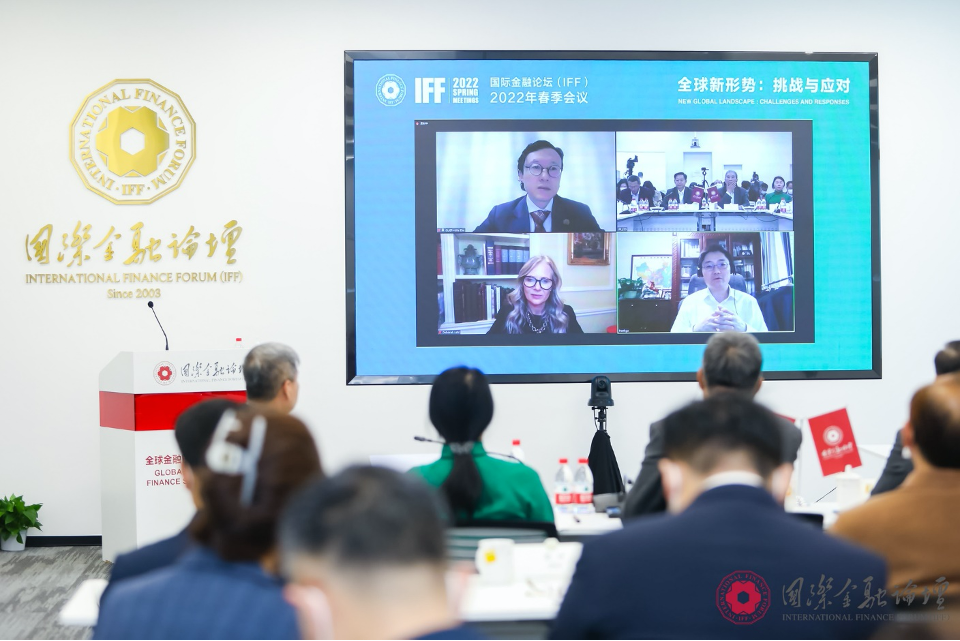The most recent Intergovernmental Panel on Climate Change’s report from April 22 made clear that the path to net-zero will need the absolute engagement of new technologies and innovations that accelerate and augment current decarbonization efforts. One of the promising ways to achieve this is developing and scaling clean hydrogen to green heating, transport, heavy industry, and energy storage. But substantial challenges remain, including in production and usage.
As part of the IFF’s 2022 Spring Conference on April 27, the Paulson Institute and the International Finance Forum (IFF) co-hosted a virtual panel session titled The Business of Global Climate Change: New Innovation in the Hydrogen Industry.

Deborah Lehr, Vice Chairman and Executive Director of the Paulson Institute and IFF Board Member, moderated the conversation. The panel of global experts included Liu Yanhua, Honorary Director of the National Climate Change Expert Committee and Former Vice Minister of the Ministry of Science and Technology, Yang Yan, Low-Carbon and Transition Development Partner of ERM (UK), Wei Suo, Chairman of China Hydrogen Energy Industry Promotion Association, Frank Yu, Global Vice President of Envision Energy, and Wu Zhu, Chief Investment Officer of China-U.S. Green Fund.
China has identified hydrogen as one of the critical solutions for its decarbonization efforts as it aims to achieve its dual carbon goals. In March 2022, the National Development and Reform Commission and the National Energy Administration released the 2021-2035 Medium- and Long-Term Plan for the Development of the Hydrogen Energy Industry. The plan outlines the high-level planning priorities for the industry and proposes specific targets for fuel cell vehicles, construction of hydrogen refueling stations and production capacity.
With the government plan as an essential backdrop, speakers shared their thoughts on the progress of the hydrogen industry. As a former official, Liu Yanhua set the scene, describing China’s current energy structure, explaining the types of hydrogen production, and outlining recent provincial-level green hydrogen action. He also acknowledged that the industry much overcome challenges from transportation, security, and costs before hydrogen becomes scalable.
Yang Yan, Wei Suo, and Frank Yu followed with insights from their experience in the private sector, including pioneering a floating offshore wind power generation project for large-scale green hydrogen production, advancing the conversations around technology and policy to support the growth of the hydrogen energy industry in China, and operating the world’s largest artificial intelligence of things (AIoT) energy management platform. These examples in the field show that hydrogen has clear transformative potential.
To round out the panel, Wu Zhu provided observations about the current investment potential of the hydrogen industry, which largely falls into two categories, as a low-carbon energy alternative and in the field of green transportation. He also cites the lack of transportation capacity and the need to reduce transportation costs as significant barriers to the commercialization of hydrogen.
Still, in a nascent phase and not without growing pains, the hydrogen industry is one to keep on the radar with excitement and buzz building around it. As technology development advances positive policy progress, the business opportunities in the hydrogen industry are considerable.



